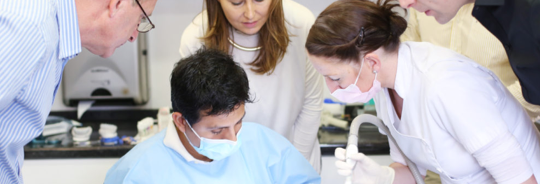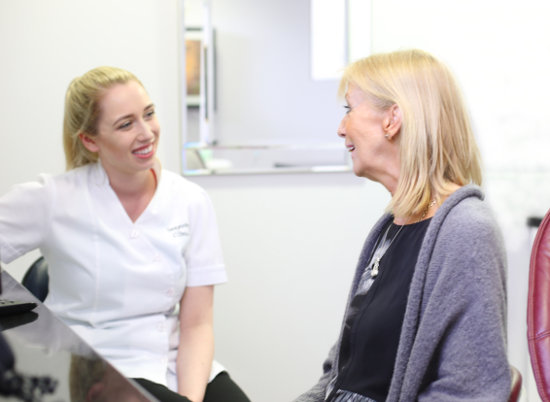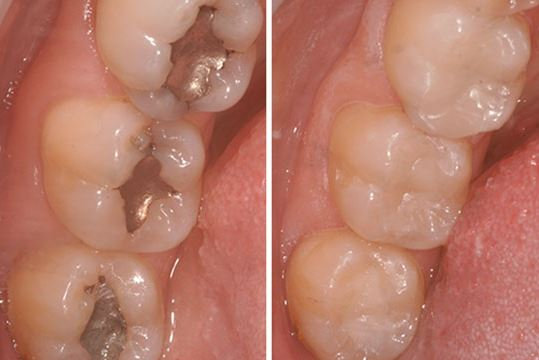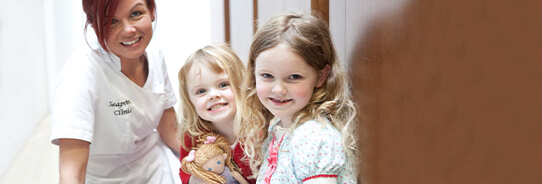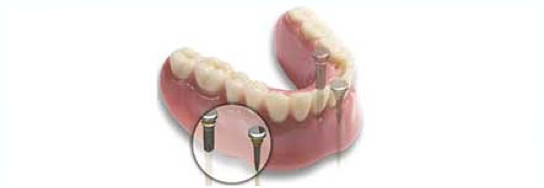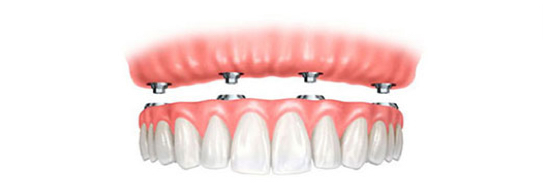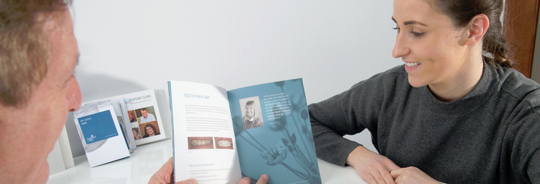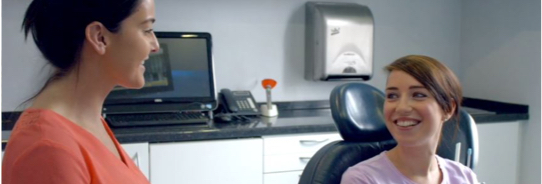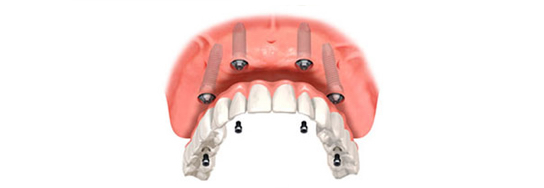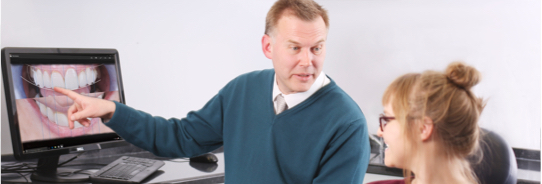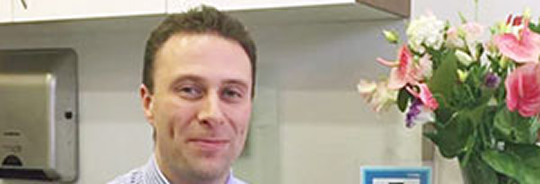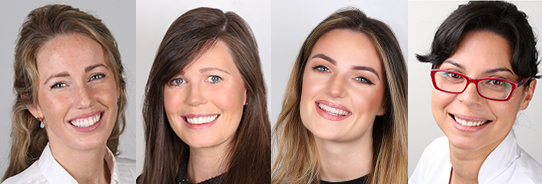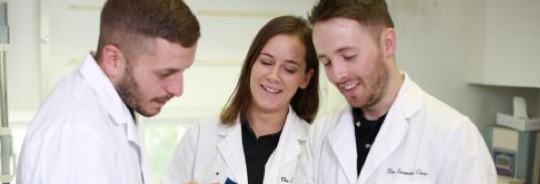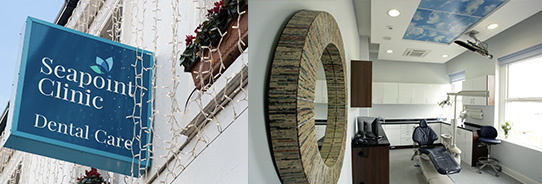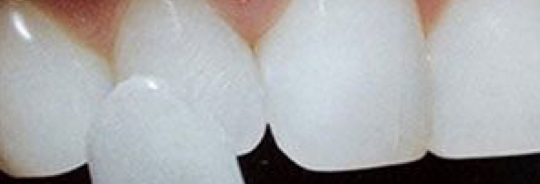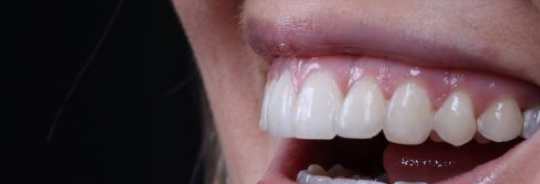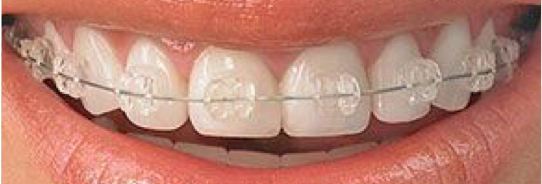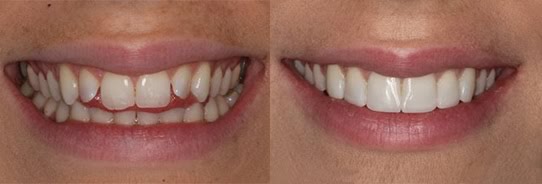
Blog
We post all the latest information here regularly so it's always up to date for you. If there is a topic you would like to have us cover please ask.
6 September 2017
Smart Sips For Healthy Kids

With kids going back to school, it's very easy to reach for a cheap bottle of pop to fill their lunchboxes. However, it's vital that you lead by example in order to guide your children on the right path to healthy dental care. Depending on how active we are, the average person needs about 1.5 litres of water per day. Both water sand milk are ideal for drinking regularly throughout the day. So just what drinks can you give your child to help them stay alert, active and above all else - healthy.
Water
Water is the perfect choice for quenching a thirst and between meals. As it's sugar and calorie free, it's both kind to teeth and won't affect troublesome waistlines!
- Try get into the habit of always serving water, with meals and as a daily thirst quencher
- Still water is kinder to teeth than fizzy, sparkling or flavoure varieties
- Carry a bottle of water to school, work or play
Milk
Milk is jam packed with essential vitamins and minerals such as calcium, meaning they help build and maintain healthy teeth and bones. However, don't be tempted to give your toddler low-fat or semi-skimmed milk, as they lack the extra calories and nutrients provided by full fat or whole milk. Only adults, teenagers and children aged two or above should be given semi-skimmed or low-fat milk.
Fruit juices, squashes and fruit drinks
Unsweetened fruit juices count towards one of your five portions of fruit and vegetables a day no matter how much you drink. However, it is recommended that the amount of fruit juice you consume in a day reach no more than 150ml, which is the equivalent of a small glass.
- Where possible, only choose 100% pure fruit juices that are unsweetened i.e. contain no added sugar
- 100% pure fruit juices made ‘from concentrate’ will also count towards your five a day.
- All types of fruit juice are acidic and can be damaging to teeth, so they are better consumed with main meals only.
- If you are giving fruit juices to children, it is best to dilute it with water.
- Research what ‘juice drinks’ you purchase, as they can often contain very little juice and quite a lot of sugar
- Squashes are very high in sugar and usually contain no fruit juice at all. Sugar free squashes are a healthier alternative.



